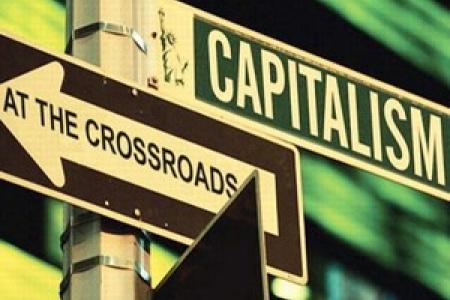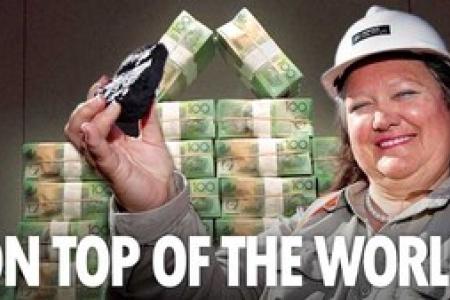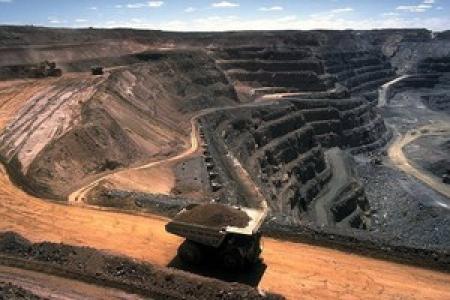Sam Wainwright is a Socialist Alliance councillor in Fremantle. Below is a talk he gave on the topic of how to achieve social change in Australia.
Environment
Scientists are telling us we must phase out coal quickly or risk an uninhabitable planet. Coal burning now accounts for around 36% of Australia’s greenhouse gas (GHG) emissions; mining and handling coal adds even more — all subsidies to the coal industry must end.
A primary purpose of its energy policy is to strengthen the broad climate change movement. In particular, the Alliance commits itself towards encouraging the trade union movement to support and adopt adequate climate change and alternative energy plans.
Policy background
At it's May 2004 National Conference, the Socialist Alliance decided, in addition to its Gender Agenda, to produce Policy Charters in other key areas of Alliance campaigning: workers' rights, health, education, social justice, refugee and asylum seeker rights, environment, and indigenous rights. Each CHARTER will be based on policy positions and statements adopted by the Socialist Alliance.
Below is the adopted policy that will be the basis of the Environment Charter the Alliance will soon produce.
* * *
Policy background
Current levels of water use are completely unsustainable in Australia — the world’s driest inhabited continent. Excessive water use, especially by heavy industry and water-intensive agribusiness, is causing irreparable damage to our fragile ecosystems and creating chronic water shortages.
Conventional free-market economics aims to solve this problem by putting a price on water and allowing it to be traded by those who can afford to purchase it.
Climate change is already impacting our lives. As it gets worse, we will be affected by more floods and storms, bushfires and droughts. Globally there will be less clean water and farmland available. This disproportionately affects those who have the least — women, Indigenous people and those living in exploited nations.


